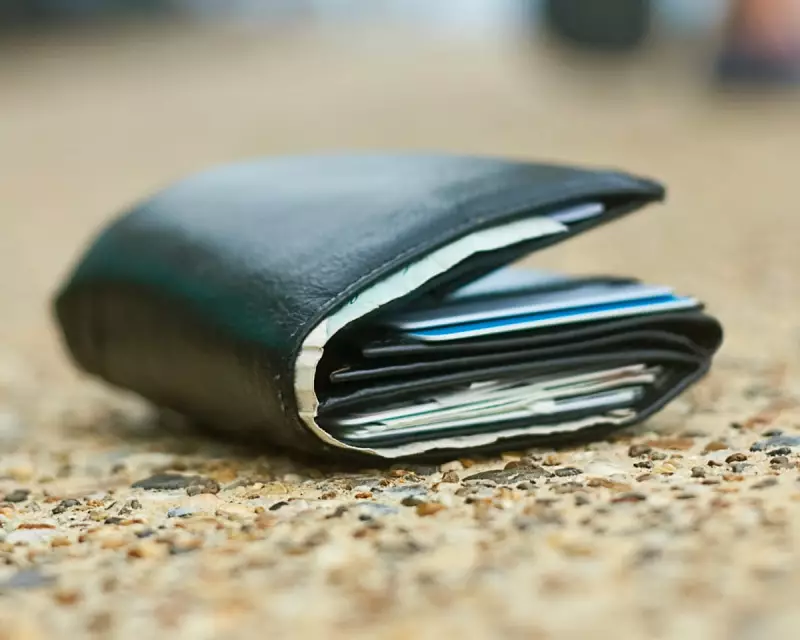
Gone are the days of bulging pockets and overstuffed leather billfolds. Across Britain, a quiet revolution is taking place that's leaving our pockets noticeably lighter – and it's happening faster than anyone predicted.
The Tipping Point: When Digital Overtook Physical
According to recent data from UK Finance, contactless payments have surged to become the dominant payment method nationwide. What began as a convenience has transformed into a fundamental shift in how Britons manage their daily finances. The humble wallet, once a essential companion, is rapidly becoming redundant.
What's Replacing the Traditional Wallet?
The transformation is being driven by several key technologies:
- Smartphone Dominance: With Apple Pay, Google Wallet, and banking apps, your phone has become your bank, loyalty card holder, and ticket wallet all in one
- Digital IDs and Licences: The government's push toward digital documentation means even your driver's licence is going virtual
- Contactless Everything: From morning coffee to evening groceries, tap-to-pay has become the norm rather than the exception
- Loyalty Schemes Revolution: Store cards and loyalty programmes have largely migrated to smartphone apps
The Regional Divide: Not Everyone's On Board
While urban centres like London and Manchester have embraced the cashless future, concerns remain about accessibility for elderly and vulnerable populations. Rural areas with unreliable mobile connectivity also face challenges in adopting fully digital payment systems.
Security Concerns in the Digital Age
As wallets disappear, new security questions emerge. Cybersecurity experts warn that consolidating all personal financial information in one device creates new vulnerabilities. However, proponents argue that digital payments offer enhanced security features compared to carrying cash.
The Environmental Impact: A Silver Lining?
There's an unexpected environmental benefit to the wallet's demise. Reduced production of leather goods and plastic cards means a smaller carbon footprint. The shift represents a small but meaningful step toward sustainable consumer habits.
As Britain continues its march toward a fully digital economy, the question remains: will future generations even recognize the concept of a physical wallet? The evidence suggests we're witnessing the end of an era – and our pockets have never felt lighter.





